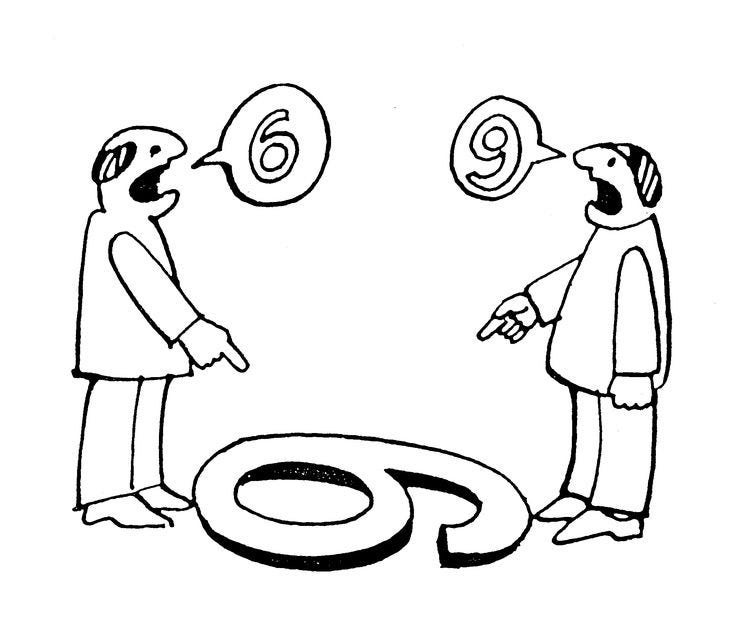
Conflicts in communication come from not taking the time to understand
one another. This also makes me think of perspective. It is often hard to have
tough conversations but sometimes these conversations need to be had in order
for us to grow. The key is listening even when we do not agree because when we listen,
we may hear the truth that will allow us to self-reflect. "Respectful
communication among parents and educators provide an environment that
encourages learning and growth," (The Compass School, 2017).
I think about a time when a parent did not agree with their
child not being able to attend a field trip. The parent was so upset that they
did not hear what was actually said. What was said was the child can attend the
trip as long as a parent attends with him. The parent had yelled at me, but I never
changed my tone and I waited for the parent to finish speaking. I offered for a
meeting later that evening to discuss the situation. When the parent came back
that evening he apologized and shared his frustration. By still showing respect
to the parent despite them being outraged we were able to come to communicate the
details of the trip. Once we learned the child had been showing certain
behaviors due to him not taking his medicine because the parents chose not to
give it in the summer, we were able to receive an inclusion staff member to
help with the child and give one on one attention when needed.
Communication is so important, and we have to be honest even
when it may be difficult. We have to an open mind when having conversation. People
joyfully and compassionately contribute to each other and resolve conflicts
peacefully (Center for Nonviolent Communication, 2020).
References
Center for Nonviolent Communication. (2020). About
the Center for Nonviolent Communication. Retrieved from Center for
Nonviolent Communication: https://www.cnvc.org/about
The Compass School. (2017, June 21). Magda Gerber's RIE
Philosophy. https://www.thecompassschool.com/blog/magda-gerbers-rie-philosophy/#:~:text=Pickler's%20core%20values%20of%20respect,explorers%2C%20and%20self%2Dlearners.
Hello Sharita,
ReplyDeleteI love the visual picture given showing one perspective as a 6, and the other as a 9. Both answers are valid, but a compromise needs to be met. I can see how your example with a former parent was complicated. I can certainly relate because I have co-parents in my classroom with difficulty communicating amongst each other, leaving the child stuck in the middle. “When we communicate in groups, we tend to fall into particular roles, much like playing different parts in a play. These roles influence the process and outcomes of group interaction” (as cited in O'Hair et al., 2018).
In these particular situations, I have learned how to become an information giver, seeker, and elaborator, so that the family nucleus of a child remains sound.
Reference
O’Hair, D., Wiemann, M., Mullin, D.I., & Teven, J. (2018). Real communication: An introduction (4th.ed). New York: Bedford/St. Martin’s.
Sharita,
ReplyDeleteThe visual is perfect! It is all about perspective. I have learned that there are three sides to conflict. The way one person sees it, the way another person sees it, and how it actually happened. Being honest when it is difficult is very hard but needed. Thank you for a great post.